Argentina
Interview with the future Argentine ambassador in Israel: «Despite the adverse conditions, Israel is one of the most advanced countries in the world»
AJN Agency.- In an exclusive interview with the AJN Agency, Mariano Caucino referred to his expectations as future ambassador, to the possible visit of Mauricio Macri to Israel and gave his opinion on the relations between both countries, the AMIA case and the death of Nisman.
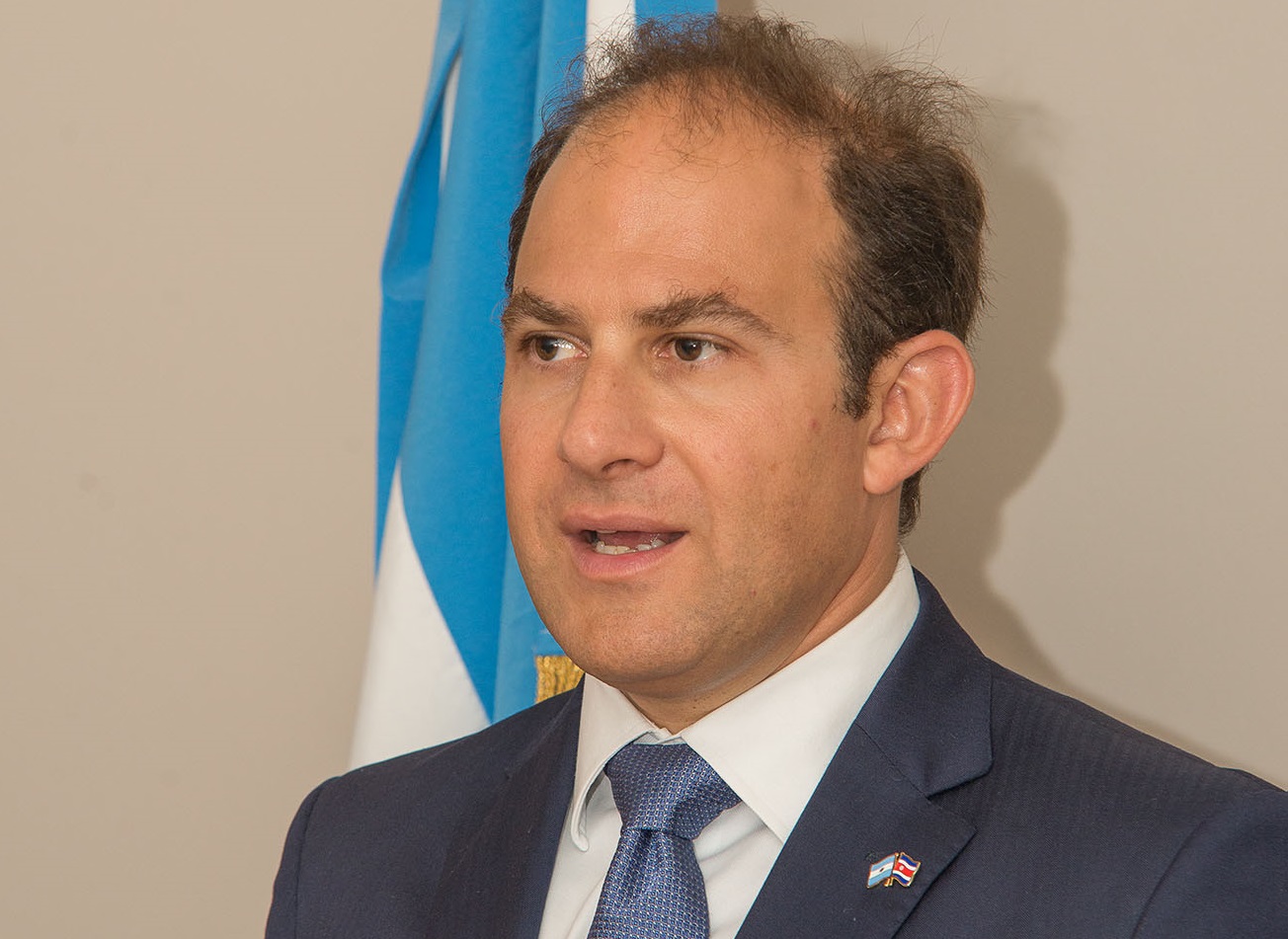
AJN Agency.- The new Argentine ambassador to Israel, Mariano Caucino, said in an interview with AJN Agency that despite the «adverse conditions», Israel «has achieved an admirable level of development and is one of the most advanced countries in the world».
Mariano Caucino was born in Buenos Aires in 1976. He is a lawyer graduated from the UBA and founder and director of the School of Government of the UCES. In addition, he is a professor of Argentine Political History and Foreign Policy and a member of the Argentine Council for International Relations (CARI). In 2016 he was named Argentine ambassador in Costa Rica.
The new diplomat will replace Carlos Faustino García, who has been in office since August 2011.
In the interview, he referred to the frequent attacks that were perpetrated in the world and stressed that «the Argentine government has expressed its absolute rejection of all forms of violence and these criminal acts against human dignity.»
Also, regarding the AMIA case and the investigation of the death of the prosecutor Alberto Nisman, he stressed that «the Government will not interfere with the Justice or influence so that the causes go to one side or the other».
He also evaluated the relations between both countries and the possible visit of Mauricio Macri to Israel.
-What is your expectation for the role of ambassador that you will assume soon?
-An ambassador is the representative of the Argentine State, the Argentine government and the Argentine people. Therefore, the mission i have is to carry the message of friendship and respect for a country for which Argentina feels admiration and with which we share values. They are respect for human dignity, human rights and the promotion of those values. On the other hand, also the recognition of a country that in adverse conditions, even from the geographical and historical point of view, has achieved an admirable level of development and is one of the most advanced countries in the world.
-Netanyahu highlighted the importance of Latin America for Israel. What does it mean for you to take part in this new stage in diplomatic relations?
-We see with great joy that situation. A few days ago, at a conference given by Prime Minister Netanyahu in London, he said it was the first time that an Israeli leader traveled to the southern United States. That implies a great openness and it is a personal effort of a leader like him to make a trip of such magnitude, of such length, visiting both Argentina and other countries in the region. This gives a boost and recognition to the Jewish communities that exist in our countries and to the friendship that exists between our peoples. We see it with great expectation. It is a great opportunity and we hope that it will be reinforced with visits from both sides and that Latin America will be an important scenario for the deployment and international projection of a country like Israel.
-What is your opinion about the large number of attacks that have been provoking in recent times, many of them in Europe?
-On the attacks that took place in Europe, the US and other countries of the Middle East, as in Turkey, recently and often unfortunately, the Argentine government has expressed its absolute rejection of all forms of violence and these criminal acts against dignity human I hope that each of the countries and the international community can find the guilty, judge them, condemn them and try to prevent these situations from happening again. Unfortunately, we know that terrorism is something that exists and that unfortunately is not over or will end quickly. Argentina, moreover, is a country that has suffered in the flesh two terrible attacks against the Argentine people, in the first place, and against Israeli institutions, which constitute attacks against humanity. They were held in Buenos Aires but they are still part of a wave of very serious attacks that have taken place in the world in recent decades. To which we must add this new trend that there are attacks carried out almost individually and with a low cost in the operative. This makes prevention very difficult, because they practically act with very low cost, with high impact and danger, as demonstrated in the last attack that took place last week in New York, which unfortunately killed eight people and of which five oh them were Argentines.
-In the first meeting between Netanyahu and Macri in Davos, there was a strong commitment to work together in the clarification of the attacks and the death of Nisman. What is your reflection on this?
-The Government, as stated by Macri in Davos in January 2016, has the vocation to let the Justice act, investigate, clarify the cases in the shortest time possible and that those responsible be found, tried and convicted. Both the material authors and the intellectuals of those events, both in their local manifestations – that is, in Argentina – or in other countries. I know that the Government will not interfere with Justice or influence so that the causes go one way or the other. Unfortunately that happened in the past and they are painful, negative stages. The learning of Argentina has to be not repeat it. The Argentine government’s commitment is to allow the Justice to act in the resolution of those three cases that shocked Argentina, which damaged the international reputation of Argentina and that especially harmed the image of the country in what happened next. Because ultimately, the attacks are part of a tragedy that exists in the current world of violence. That of course you have to try to avoid it and fight it. But once they occur, and regrettably more and more often even in highly developed and secure countries such as the United States, what is additionally serious is the lack of judicial resolution and interference in the same.
-Netanyahu expressed interest that Macri visit Israel. Do you think that this visit will be possible in 2018?
-It is a will, but it does not have a date yet. We will work on being able to do it as soon as possible. Hopefully it is possible in 2018.
– What expectations do you have in the commercial exchange that can be generated between Argentina and Israel?
-The vocation of the Argentine government is to promote commercial relations and ensure that Argentine products are more present throughout the world. And also regarding the export of services. In that the Government has a permanent vocation and the ambassadors have the instruction to do, so i tried to do it in Costa Rica and I will do it without any doubt in Israel.
-Did you previously visit Israel?
-I went to Israel in 2011, on a trip with a group of university authorities. We visited the Ben-Gurion University, in a geographically complicated area, but where an extraordinary technological advance had been achieved. It really impacted me. Afterwards we visited Tel Aviv, Jeruslaem and also visited the south of the country, Eilat. It was a trip that I always remember as one of the most interesting that I did.
– What is the message for the Argentines who live in Israel a few days of traveling there?
-To the community of Argentines in Israel, of course, i express my interest in making contact with them as soon as possible. I do not know exactly the date on which i will travel, it will be in the coming months, and it will be a pleasure to meet with the Argentine communities while abroad. It has an additional feeling to meet the people of your country abroad. It has happened to me in Costa Rica and I am sure we will feel the same feeling in Israel. And maybe even more, because it is a more distant country geographically. When you meet Argentines far away, that feeling emerges and is an almost immediate friendship.
– Shortly after the 70th anniversary of the Independence of Israel. What does it mean to participate in this event?
-It is a very happy coincidence for me to be present at that moment. It is going to be an event with characteristics of reaffirmation of the will and commitment of the international community in recognition of the rights of the Jewish people to finally have a State, after an endless struggle and demand for that reality that exists today. It is a source of pride for the whole of humanity to see how a people have that will to be, to exist and to live in respect and harmony with others. I think it exceeds that situation for Israel and the Jewish people. I think it is a manifestation of the best of humanity.
Argentina
Entrevista con Marcos Aguinis: su nuevo libro y la amenaza del antisemitismo
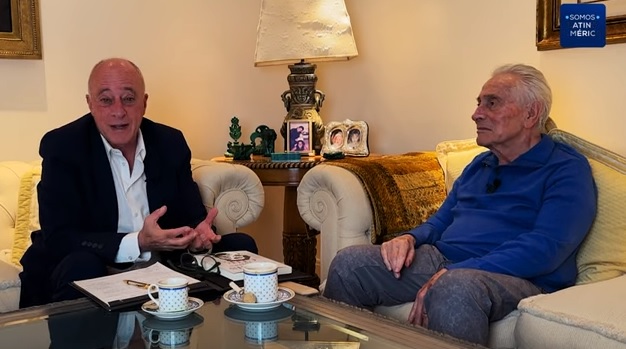
Agencia AJN.- Con sus 90 años, Marcos Aguinis acaba de publicar “Intimidades del Che”, una obra de ficción que explora la vida de Ernesto “Che” Guevara. En el marco de un ciclo de entrevistas conducido por Daniel Berliner, director de la Agencia AJN, el escritor reflexionó sobre su nuevo trabajo y sobre fuerte aumento del antisemitismo a nivel mundial.
“El 7 de octubre es un acontecimiento muy reciente. Y que aparentemente era imposible que ocurriera. Uno tiene que pensar que lo fundamental es que los judíos no nos convirtamos en fanáticos. Que no imitemos a nuestros enemigos. Y odian a Israel sin saber qué son los judíos. A muchos antisemitas se les pregunta ¿usted sabe dónde queda el río Jordán? Ni idea, responden. Nos encontramos con una fuerte ignorancia a la que tenemos que enfrentar mediante la paz, el diálogo, que lleve a que este enfrentamiento desaparezca. Al desaparecer este motivo de odio, desaparecerán otros motivos de odio”, destacó Aguinis.
“Es más fácil odiar que amar, y esto tiene que ser combatido. Y es combatido por las mentes más lúcidas. El antisemitismo que ahora se propaga en las universidades es algo que tiene poco a poco producir la vergüenza de los universitarios. No saben qué odian”, agregó.
La entrevista fue transmitida por Dnews en el ciclo “Diálogos”, una entrega semanal que propone un espacio de conversación inteligente, plural y comprometido con la actualidad.
En cada emisión, personalidades relevantes del ámbito político, social, cultural y comunitario se sientan a dialogar sobre los temas que marcan la agenda nacional e internacional.
“Hace unos años Jorge Fernández Díaz me tituló a mí ‘hombre del renacimiento’, porque quedó impresionado por la cantidad de actividad que hago. Según él, eso me hermanaba con la gente del renacimiento, que tenía varias profesiones y en todas ellas tuvo algún tipo de brillo”, expresó Aguinis al principio de la entrevista.
Para ver el programa completo:
Argentina
Rafael Grossi: “El conflicto entre Israel e Irán está tomando una dimensión mucho más amplia”
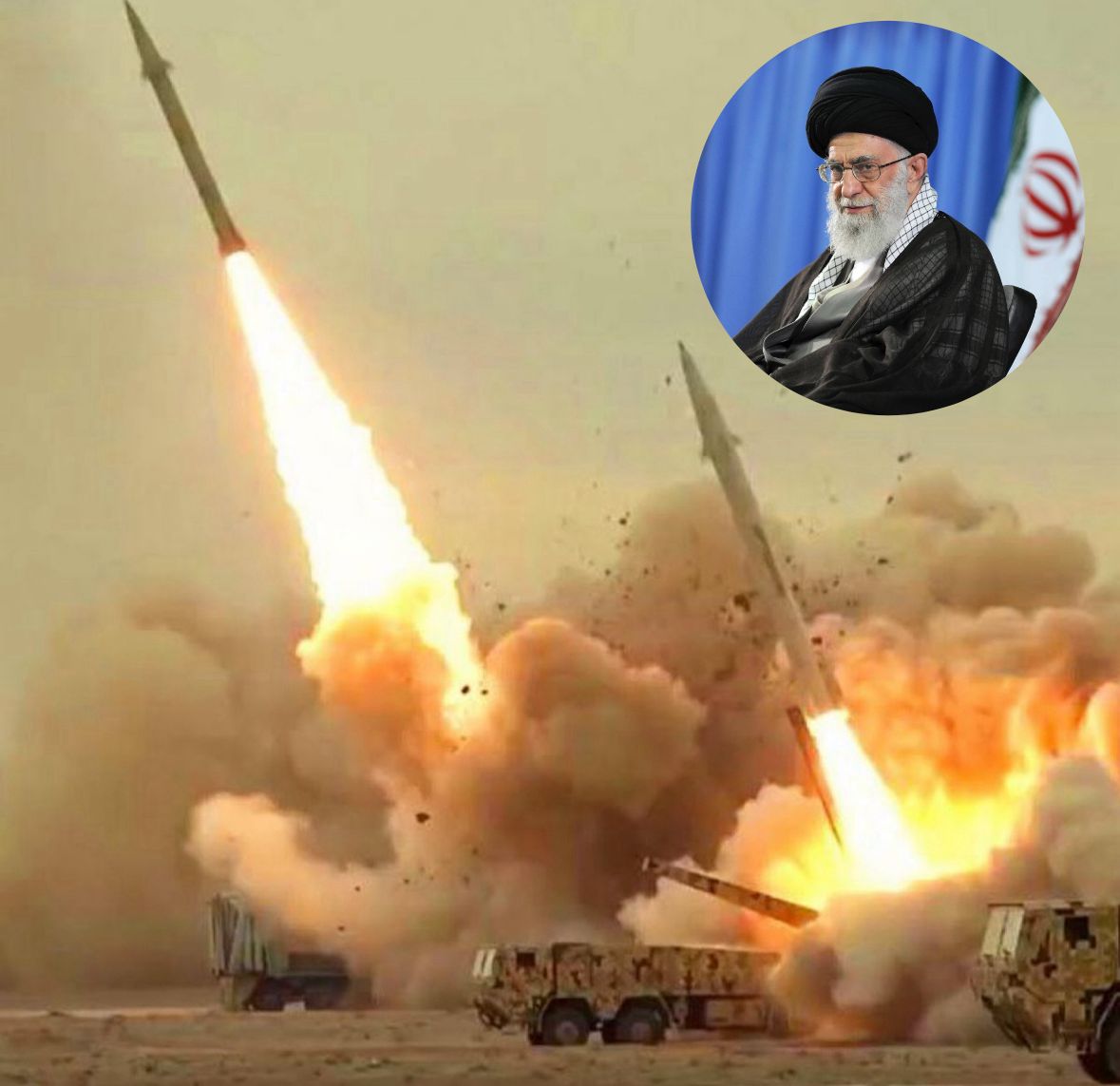
Agencia AJN.- El director general del Organismo Internacional de Energía Atómica (OIEA), Rafael Grossi, destacó que los ataques israelíes “en un primer momento fueron orientados exclusivamente a ciertas instalaciones nucleares y ahora el conflicto está tomando una dimensión mucho más amplia, incluyendo otros objetivos que no son nucleares”.
“La historia ha tomado un giro más dramático a partir del momento en que Israel, la semana pasada, inició una serie de ataques, que en un primer momento fueron orientados exclusivamente a ciertas instalaciones nucleares y ahora el conflicto está tomando una dimensión mucho más amplia, incluyendo otros objetivos que no son nucleares. La parte nuestra obviamente tiene que ver con las instalaciones nucleares y por eso ha habido una serie de reuniones en la Junta de Gobernadores del OIEA. El día viernes estuve hablando al Consejo de Seguridad de las Naciones Unidas para informar a todos los países acerca de la situación y cuáles son los peligros que pueden derivarse”, afirmó Grossi en diálogo con el periodista Eduardo Feinmann en Radio Mitre.
-¿Hay riesgo químico cuando un misil ataca a una de estas plantas nucleares?
-Hay un riesgo nuclear en primer lugar, aunque también puede haber un riesgo químico. Trato de diferenciar las dos cosas. Hay distintas instalaciones. En estas instalaciones que tienen distintas funciones, algunas son para enriquecimiento de uranio, otras son para fabricación de combustible, otros son laboratorios. Y en esos lugares entonces lógicamente hay material nuclear. Si el material nuclear, a raíz de una explosión o del impacto de un proyectil de distinta naturaleza, es liberado al medio ambiente, puede haber entonces un impacto ambiental, como radiación en la atmósfera. Esto es lo que se está tratando de determinar. Por el momento, han sido muy graves, pero si usted quiere que nos detengamos en la cuestión de la radiación, han tenido un efecto muy limitado en ese aspecto, y no me refiero al impacto o a la destrucción que han causado, se han limitado a instalaciones que tenían una cantidad relativamente limitada de material nuclear y por eso la contaminación ha sido muy limitada al lugar donde se produjo el impacto. Esto es obviamente por el momento.
-¿Usted está al tanto de una planta nuclear que está bajo tierra que tienen los iraníes y que podría llegar a ser bombardeada por Trump?
-Sí, claro, la inspeccionamos, yo la he visitado particularmente. Hay fundamentalmente dos instalaciones en las que Irán justamente ha puesto material y equipo nuclear bajo tierra a raíz de ataques anteriores que han habido en Irán, de tipo sabotaje, nunca atribuidos a ningún país. Pero el hecho es que Irán había sufrido ya en alguna de sus instalaciones sabotajes internos o ataques con drones, entonces en ese momento los iraníes decidieron, hace dos o tres años, comenzar a poner bajo tierra ciertos equipos e instalaciones.
-Para la bomba atómica, la clave está en el uranio enriquecido. ¿A qué porcentaje ya lo tenían o lo tienen preparado los iraníes?
– Para tener un arma nuclear hace falta uranio enriquecido, también puede ser plutonio, pero en el caso de Irán, lo que ellos han estado acumulando es uranio enriquecido. El uranio tiene que estar enriquecido a un grado de 90% de un isotopo, que es una variedad de la partícula de uranio, al 90%, y ellos están acumulando al 60%. No han llegado a acumular al 90%, pero de querer hacerlo es un pasito más. Ellos tienen el material, y ese material sería suficiente para 6, 7, 8 armas nucleares, pero esto no quiere decir que tengan hoy un arma nuclear.
-Israel y Estados Unidos denuncian que estaban a punto de tener 15, y entonces hicieron ese ataque preventivo para que no las terminen de fabricar.
-Eso es lo que dicen ellos, correcto. Lo que nosotros decimos, es que es inquietante esto, lo hemos informado, hemos inclusive, tenido una evaluación bastante crítica con relación a la manera en que Irán nos respondía o nos daba información necesaria sobre este tema, que ha sido bastante fragmentaria, pero no podemos decir que hoy tenga un arma nuclear. Para eso hace falta más material.
-¿Esto usted lo habló con Trump y con Netanyahu?
-No directamente con ellos, pero con gente muy cercana a ellos, sí, muy cercana.
-¿Y usted cuando los iraníes, el Ayatolá o quien sea, le cuentan lo que tienen, usted les cree?
-En cuanto a lo que tienen, nosotros sabemos lo que tienen, el tema es lo que tienen y no sabemos. O lo que no informan, esto lo he estado denunciando mucho y hace tiempo en el sentido que Irán, siempre decían o dicen que ellos no tienen nada que ocultar. Entonces nosotros, como Organismo Internacional de Energía Atómica, les decimos a ellos, si no tienen nada que ocultar, entonces tienen que mostrarnos mucho más. Ellos siempre han evadido un poco esto y bueno, estamos en esta situación en la que estamos.
-
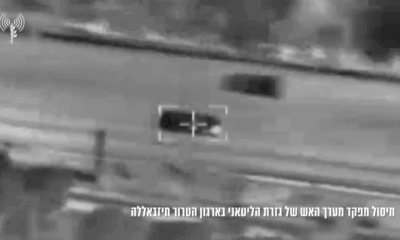
 Medio Orientehace 5 horas
Medio Orientehace 5 horasEliminado en el sur del Líbano el comandante de artillería de Hezbollah responsable de ataques contra Naharía y Haifa
-
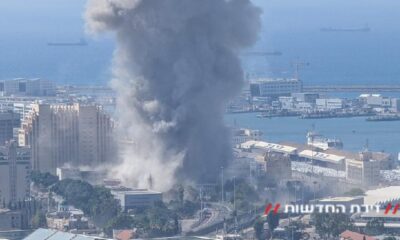
 Israelhace 5 horas
Israelhace 5 horasIsrael: 17 heridos, dos de ellos graves, tras impacto de misil balístico iraní en Haifa
-
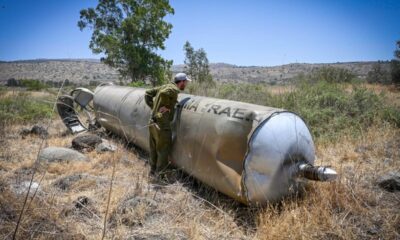
 Guerrahace 23 horas
Guerrahace 23 horasFragmentos de bombas de racimo iraní generan temor en Israel: ¿el misil iraní llevaba múltiples bombas?
-
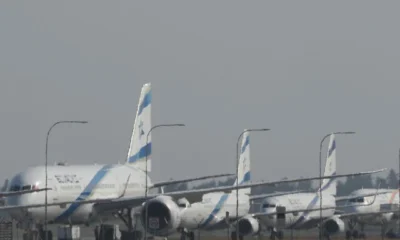
 Guerrahace 24 horas
Guerrahace 24 horasLa aerolínea de bandera israelí El Al operará ‘‘vuelos especiales para emergencias médicas’’ el día del descanso para repatriar a sus ciudadanos
-
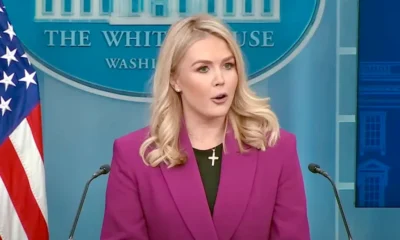
 Guerrahace 23 horas
Guerrahace 23 horasEE.UU.: Irán podría producir una bomba nuclear en «un par de semanas»
-
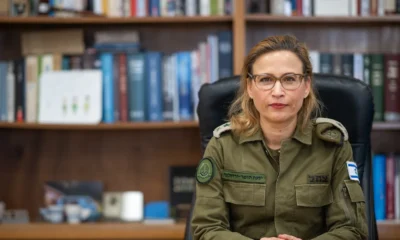
 Guerrahace 24 horas
Guerrahace 24 horasLa general que determina qué objetivos pueden ser atacados por Israel
-
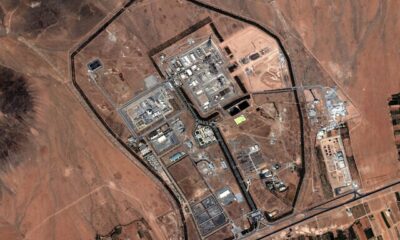
 Guerrahace 22 horas
Guerrahace 22 horasIrán. AIEA: El reactor de agua pesada de Arak fue dañado por un ataque israelí
-

 Israelhace 7 horas
Israelhace 7 horasNetanyahu y el jefe del Estado Mayor de las IDF se reúnen con altos funcionarios de EE. UU. mientras Trump evalúa atacar Irán



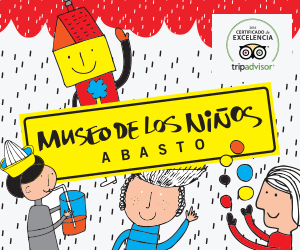
 Suscribite al Whatsapp!
Suscribite al Whatsapp!